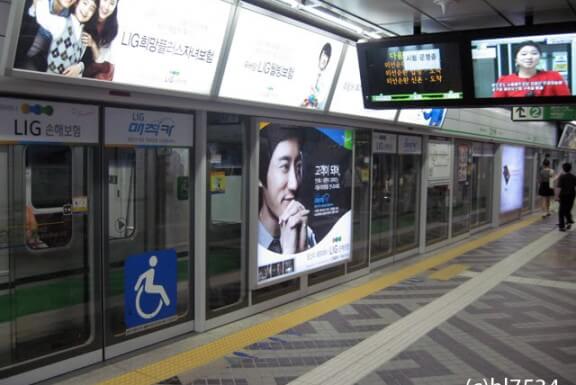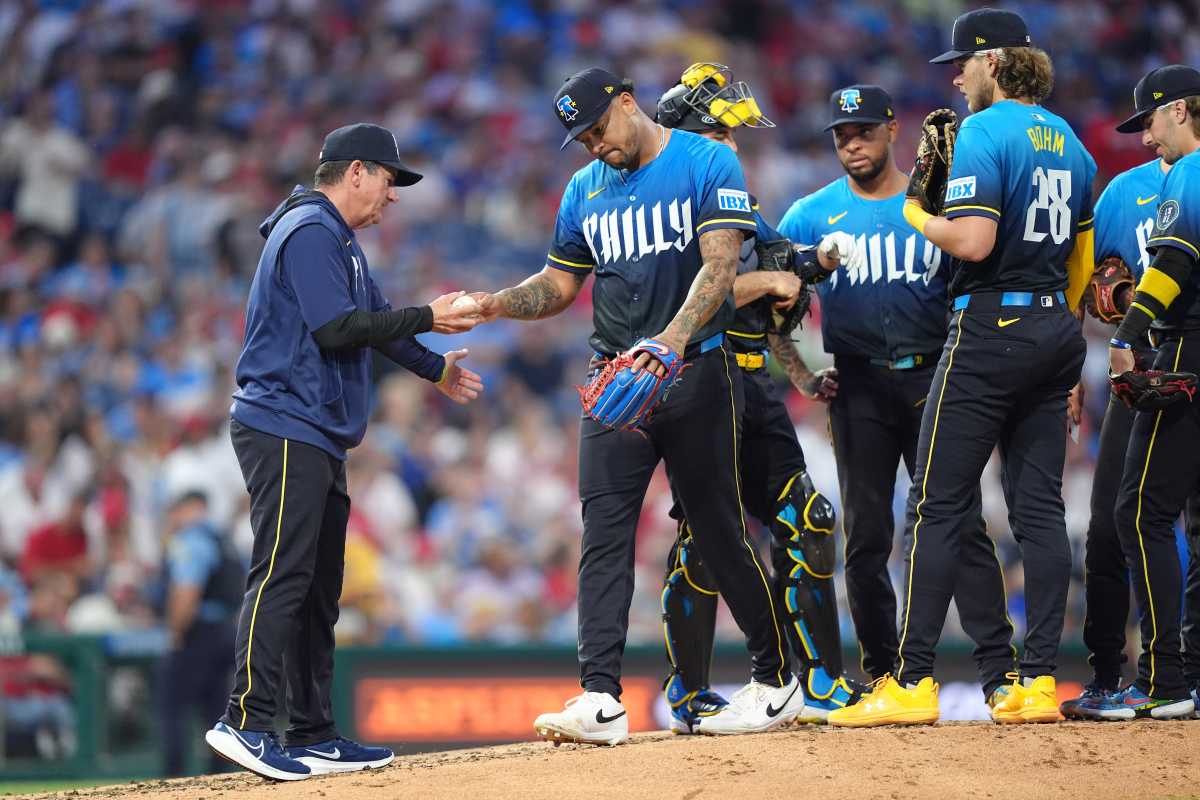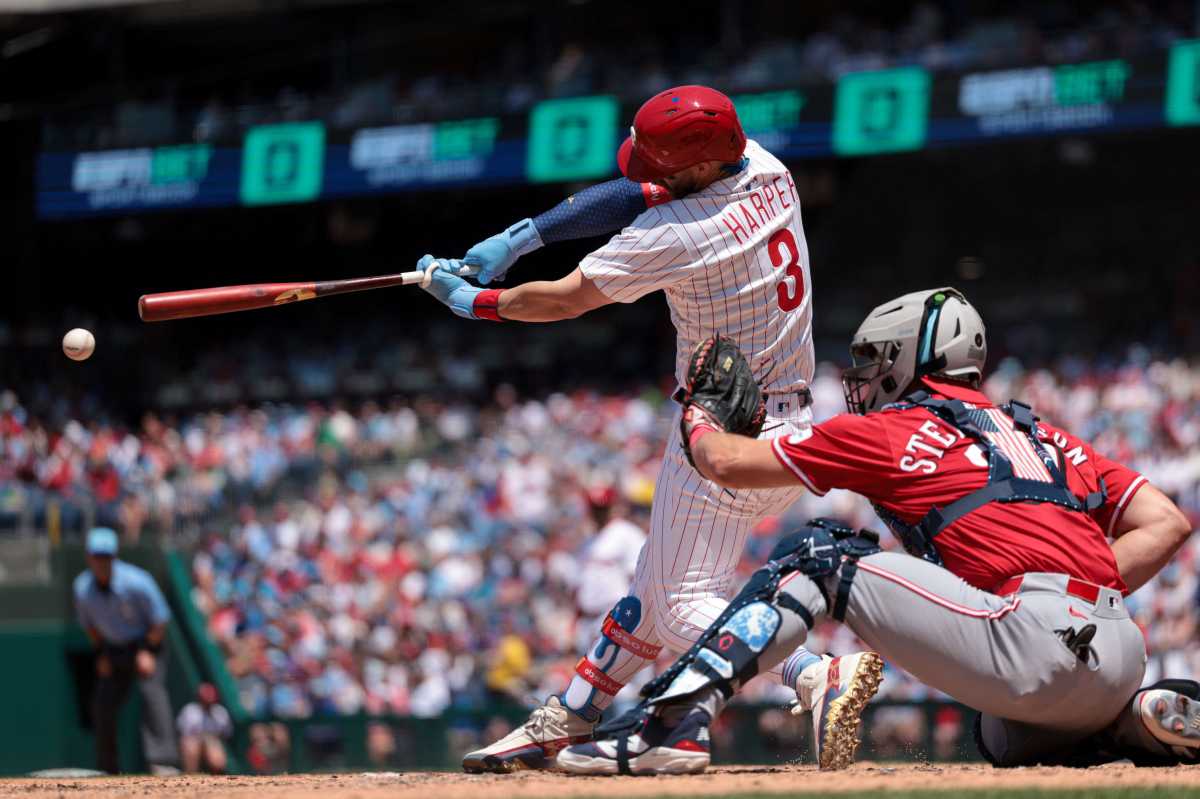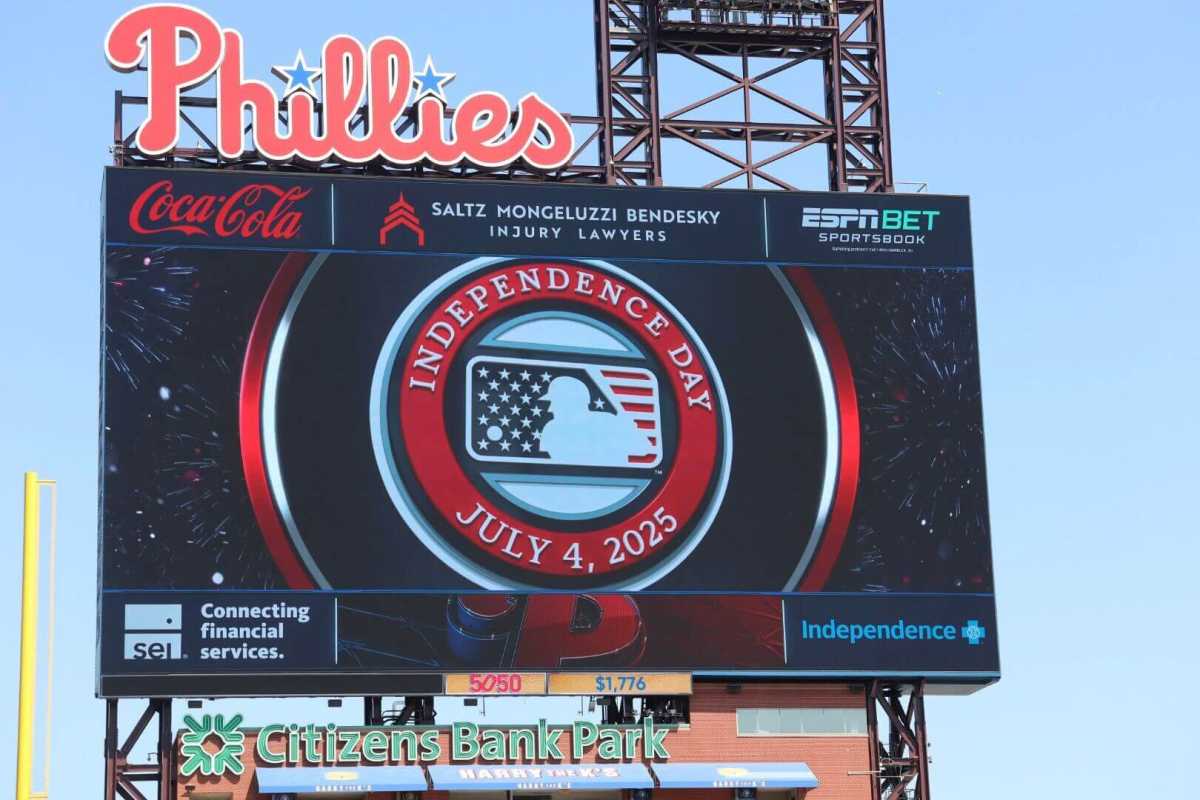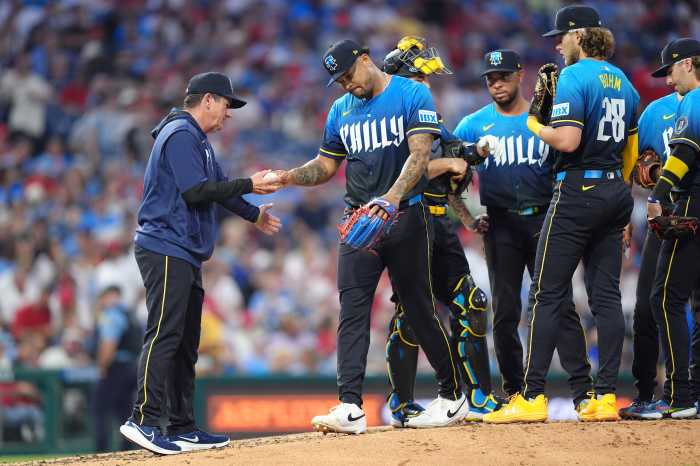A Temple University student group is stirring up controversy by hosting two speakers known for their Anti-Islamic views.
Robert Spencer and Pamela Geller, co-founders of Stop Islamization of America, will be part of a panel discussion at Kiva Auditorium on Monday. Their group has been labeled as a hate group by the Anti-Defamation League and the Southern Poverty Law Center. Also part of the panel is Nonie Darwish, a human rights activist who has referred to Islam as “a poison to our society.”
The organizers claim the event will focus on Sharia, which is the moral and religious code of Islam, and will not simply berate Muslims.
“We’re fighting and we’re standing up for the people who don’t have a voice, for the people who are murdered because of Sharia,” said Alvaro Watson, president and founder of Temple’s Students for Intellectual Freedom. “If someone is uncomfortable by that they are the ones who should have the light shed on them.”
Several organizations, including Occupy Temple, said they plan to protest the conference. The Council on American-Islamic Relations in Philadelphia (CAIR) said it will question university officials about why it sanctioned the event.
“That sort of guise would not be afforded to anti-Semites or the KKK,” said Moein Khawaja, CAIR-Philadelphia’s executive director. “I think the same level of treatment that Jewish students and African-American students and all other students are afforded [should apply to Muslims].”
The event is free and open to the public. Watson said the room can seat up to 100, but there is no estimate on how many people will attend.
Temple spokesman Ray Bentzner said the university was not aware of the event and had no plans to monitor it.
“If there’s a need our campus police have, in the past, been available to provide security for events,” he said. “It’s been rare that it’s been needed.”
In 2009, the same group hosted Dutch right-wing politician Geert Wilders, but the event was cut short when protesters became rowdy.



